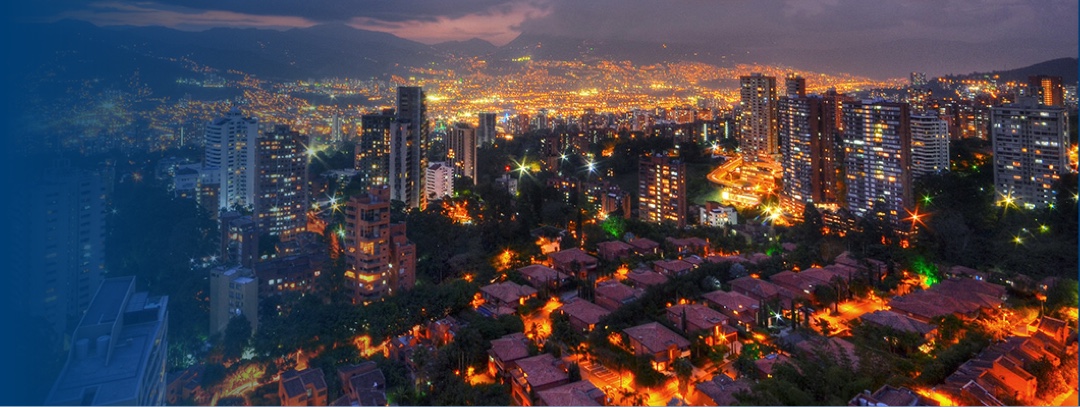
FAQ
ADR
What is the OTC market?
This is a market which, by its initials, means ‘over the counter’. In this market, a network of stock brokers, or market creators, called “market makers” trade the shares that are not registered in the U. S. stock markets, such as the New York Stock Exchange – NYSE, Amex or Nasdaq. Information about operations performed and registered in the OTC market are published weekly in the “PINK SHEETS”.
What would the relationship be between the ADRs and Grupo SURA’s ordinary shares?
The price of an ADR is the price of the shares in the local market, adjusted by the number of shares that constitute the ADR, and multiplied times the rate of exchange. This is why the prices for the shares in the local market and in the United States are very similar, because any distortion is arbitrated and corrected quickly ty investors who have access to both markets. In our case, an ADR represents 2 ordinary shares of the Company, identified with the ticker symbol GIVSY.
What implications or risk would be involved in registering the ADRs?
Registering our ADRs involves additional risks that the company has considered and that involve political risk and foreign exchange risk. Political risk is associated with the changes in the price of the ADRs due to any political instability that might take place in Colombia. The foreign exchange risk has to do with the volatility of the rate of exchange between the Colombian peso and the US dollar. A devaluation of the rate of exchange in Colombia would lead to a lower dollar price for the ADR.
Why register Grupo SURA Level I ADRs?
To access international capital markets. Promote liquidity and, therefore, a higher appreciation of the shares. Increase equity by expanding and diversifying the shareholder base. Obtain greater international recognition for the Company and diversify alternatives to obtain resources. Enter the North American market at a low cost. Make it easier for investors to acquire shares in the Company. Possibility of going to Levels I and II. Reduce legal uncertainty for foreign investors.
How are ADRs traded?
The ADRs can be traded in the North American Market the same way shares are traded in the local market, with the difference that the dividends are paid in dollars. To do this, a U.S. financial institution buys a group of our shares and arranges them in groups that are then re-issued in some local exchanges. To do this, we must provide the same detailed financial information that we provide for the Colombian Financial Superintendence (Superintendecia Financiera de Colombia) and the sponsor bank, also known as the Depository Bank, in this case the Bank of New York Mellon (BONY), which will also define the ratio between the number of ADRs and the original shares.
Who is the depository of the ADRs?
The depository, which in this case is the Bank of New York Mellon (BONY), in addition to being responsible for the shares of Grupo de Inversiones Suramericana as issuer in the United States, carries out all the procedures to meet the requirements of the SEC (Securities and Exchange Commission), do the promotion, and then register them in the U.S. market. In addition, it acts as liaison between the Company and the investors in the U.S. Market, i.e., receives the information about us which is then published in the North American market, pays the dividends that the companies wishes to distribute, gets in touch with the brokers to ensure the best deals for the securities, and keeps the owners of the ADRs informed about any event that might affect the price of the securities.
What kinds of ADRs are there?
Level 3: Primary Public Offering. This modality allows companies to issue new shares US investors. They are listed in American Stock Exchanges. This level includes stricter rules, similar to those applicable to United States companies.
Having a Level 3 program means that the company is not only taking some of the shares to trade them in the United States, but it also puts out an issue to obtain capital. The company must publish a public offering prospectus. In addition, the company must publish a quarterly report of its results, and any information to investors must be disclosed to the SEC. Rule 144a: Primary Private Offering. Like Level 3, it refers to the issue of new shares by the company. However, the ADRs are not listed in American stock exchanges but rather are placed among institutional investors (Qualified Institutional Buyers - QIBs).
This program is similar to Level 3 with respect to the formalities that the issuer must comply with for the SEC. ADR’s issued under this program may only be sold to non-institutional investors two years after they are placed. Global Offering. – GDR: In this modality, the company places its shares in international markets, either publicly or privately. The program is usually structured as a Rule 144A in the United States and a public GDR offering outside the U.S., without restrictions.
What is an ADR – American Depository Receipt?
An ADR is a negotiable security that represents shares from a company established outside the United States, in the American market.
Dividends
Who is the issuer?
It is the party responsible for the obligations contained in the security document.
What are the values of a share?
Nominal value: this is the amount of money represented by the title at a time of issue. Equity or intrinsic value: this is the result of dividing the company´s net equity by the number of shares outstanding. Market value: this is the value of each share in the public securities market.
What is the general shareholders assembly?
It is the meeting of a company´s shareholders, convened as required by the company´s bylaws. Its main tasks are to check the company´s management and financial results, elect the members of the board of directors, allocate profits, and distribute dividends.
What is a direct depositor?
It is the institution through which the shares were purchased, or whoever that institution appoints. At the time of purchase, the shareholder signs a mandate agreement with the direct depositor to represent him or her before Deceval, managing and keeping custody of the shares purchased. And as representative, to carry out all the activities involved, including being responsible for transferring the dividends ordered and paid to the shareholder.
What is Deceval?
The centralized securities deposit of Colombia (Depósito Centralizado de Valores de Colombia - DECEVAL S.A.) is the institution that receives securities in deposit for administration and custody. It helps simplify and expedite operations for market agents, and reduce the costs and risks associated with the physical handling of the securities, using a high-technology, highly secure computerized system.
How are dividends paid?
Dividends may be paid in cash or in shares. If they are paid in cash, for every share owned, you will receive a certain amount of money which will be determined by the General shareholders assembly. If dividends are distributed in shares, you will receive one share for every X number of shares owned. For example, you will receive one (1) share for every one hundred (100) shares owned).
What are dividends?
This is the return on the investment that is awarded proportionately to the number of shares owned, paid with resources obtained from the company´s profits during a specific period. Dividends may be paid in cash or in shares. The decision to distribute dividends among the shareholders is made by the General assembly, which also defines the frequency and manner of payment of said dividends.
Grupo SURA
What does Grupo SURA do?
Grupo SURA as a company, does not produce goods or services. It invests in shares of companies that do. It’s ¨product¨ is a sound investment portfolio represented by the shares of Grupo de Inversiones Suramericana, which are traded in the Colombian Stock Exchange (Bolsa de Valores de Colombia) under the stock symbol GRUPOSURA and offers dividends and returns to its shareholders.
We are an investment manager focused on building and developing a balanced portfolio with a long-term vision, whose main axis is financial services. Our purpose is to create well-being and sustainable development for people, organizations and society.
Where is Grupo SURA´s headquarters located?
The headquarters are located in Carrera 43 A # 5 A 113 Medellín, Colombia; investor relations phone number: 01 8000 521 555
What are Grupo SURA´s lines of business?
Grupo SURA directly and through its affiliates, participates in several companies in sectors such as insurance, social security, financial, cement, food, and others.
When was Grupo de Inversiones Suramericana S.A. Establishedit ?
It was established in December 1997 as a result of splitting the company Suramericana de Seguros, to separate the insurance operations from the investment activities, and it became the parent company.
Investor relations
What is an investment portfolio?
It is a combination of financial assets owned by the same person, be an individual or legal entity, to achieve returns and profits due to the appreciation of the shares, and from the payment of dividends and interest, and not a benefit from the purchase and sale of the securities. A portfolio is diversified when the assets combine securities from different issuers, returns, ways to pay interest, and risks.
Investor Kit Q125
Download our investor kit, a tool that will allow you to easily utilize the figures of our organization.
DOWNLOAD HERE



